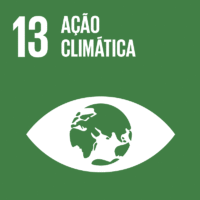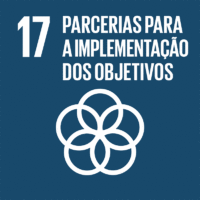Ciência_Iscte
Publicações
Descrição Detalhada da Publicação
Exploring the hidden influence of international treaty secretariats: using social network analysis to analyse the Twitter debate on the 'Lima Work Programme on Gender'
Título Livro
Governance by international public administrations bureaucratic influence and global public policies
Ano (publicação definitiva)
2018
Língua
Inglês
País
Reino Unido
Mais Informação
--
Web of Science®
Esta publicação não está indexada na Web of Science®
Scopus
Esta publicação não está indexada na Scopus
Google Scholar
Esta publicação não está indexada no Overton
Abstract/Resumo
While there is little doubt that international public administrations (IPAs) exert autonomous influence on international policy outputs, scholars struggle with the problem of how to measure this influence. Established methods for assessing political influence are of limited use when focusing on international bureaucracies. The main reason is that IPAs do not explicitly state their policy preferences. Instead, they tend to present themselves as neutral administrators, aiming to facilitate intergovernmental agreement. They normally act ‘behind the scenes’. We propose social network analysis (SNA) as an alternative method for assessing the hidden influence of international treaty secretariats. SNA infers influence from an actor’s relative position in issue-specific communication networks. We illustrate the application and usefulness of this method in a case study on the role of the United Nations climate secretariat in a policy-oriented Twitter debate on incorporating gender issues into the global climate policy regime.
Agradecimentos/Acknowledgements
--
Palavras-chave
Climate policy,Social network analysis,International public administration,Treaty secretariats,Climate secretariat,International environmental policy
Contribuições para os Objetivos do Desenvolvimento Sustentável das Nações Unidas
Com o objetivo de aumentar a investigação direcionada para o cumprimento dos Objetivos do Desenvolvimento Sustentável para 2030 das Nações Unidas, é disponibilizada no Ciência_Iscte a possibilidade de associação, quando aplicável, dos artigos científicos aos Objetivos do Desenvolvimento Sustentável. Estes são os Objetivos do Desenvolvimento Sustentável identificados pelo(s) autor(es) para esta publicação. Para uma informação detalhada dos Objetivos do Desenvolvimento Sustentável, clique aqui.

 English
English



